Over July and August, Forum for the Future and the World YMCA are reaching out to young people across the world to ask what they want for their future communities, and what roles they want to play in them. Follow us and share your ideas on Instagram, Twitter and Facebook with the hashtag #youthforchange. Catch up on our insights from week one here.
In week two, we asked people around the world, “What resources do you need to help create your ideal future community?”. We also ran a poll asking, “Which technologies can help shape future communities?”
Responses to our poll from 22 countries (with the largest representation in the UK, Australia and Nigeria) strongly reflected the two top concerns that surfaced in week one:
- Environmental degradation
- Social cohesion
The highest priority was given to renewable energy technologies, supported by comments emphasising environmental concern, such as: “Technology that will benefit society without causing harm to the environment now and in the future”; “Anything that shaped a more environmentally sustainable future”, and “All that would allow to reach zero waste”.
Inclusive action for health also featured: bioengineering scored highly in the poll, while comments on Facebook emphasised the importance of “understanding the Human Gut Microbiome” in order to build “a community where everyone gets the right amount of food and exercise”.
The poll also revealed interest in virtual and augmented reality and social networks to address social inclusion and overcome problems of communications across borders and distance. Finally, robotics were identified as a way to reduce hard labour – with a comment particularly indicating the potential to alleviate the burden for children in Liberia.
In response to our question “How can we empower ourselves to create thriving communities?”, social cohesion again featured strongly in comments on Facebook, particularly in relation to the rise of white supremacy. One respondent shared examples of youth-led actions to address this, such as this collaboration between Black Youth Project and a Chicago arts podcast which aims to put equity at the heart of Chicago’s radical renaissance.
A sense of shared responsibility came across strongly. One Facebook user emphasised the need to build “peaceful cooperation partnership between all countries in the world”, and emphasised our collective responsibility “to look after 7.5 billion precious lives”. Another simply said: “We all have a role to play in the building of our communities.”
More evidence was shared of how young people are playing a role today. Actions shared with the hashtag #youthforchange included training for climate activism; engaging children in tree-planting in India; youth-led beach clean-ups, and nurturing young environmentalists in Kenya.
Women’s empowerment, particularly through family planning, also featured on World Population Day.
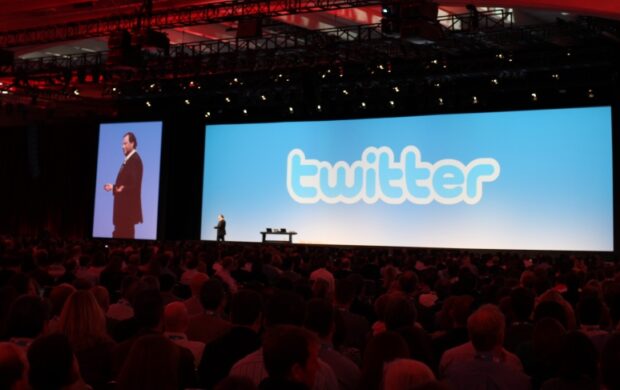
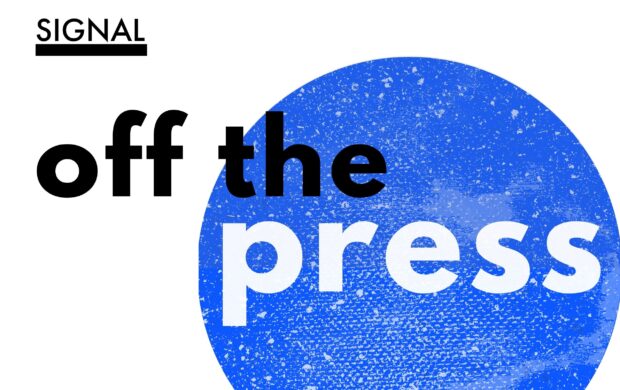
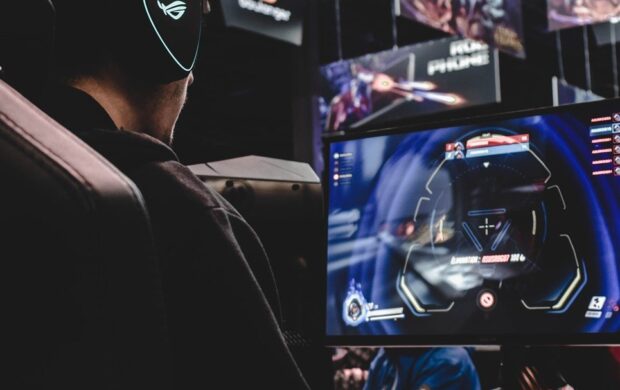



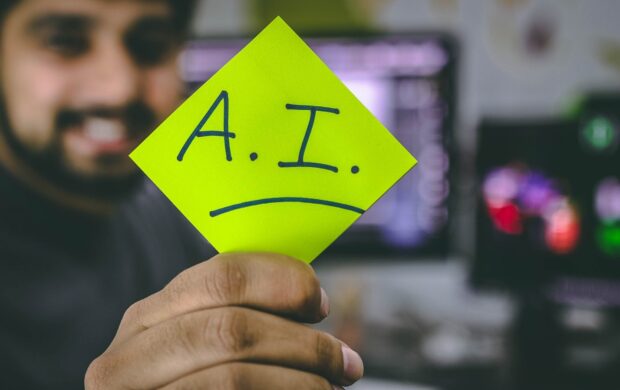
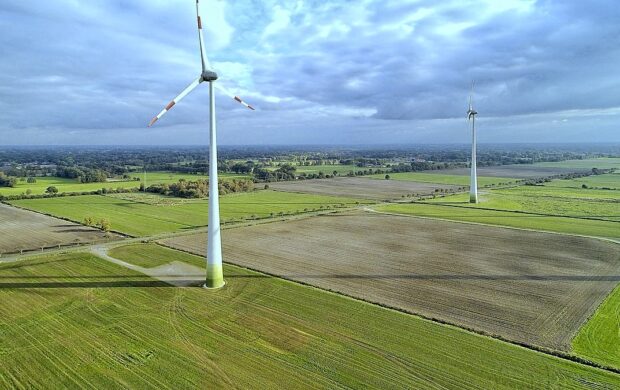





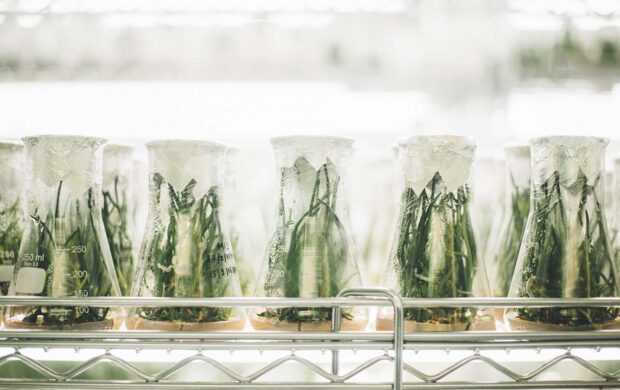
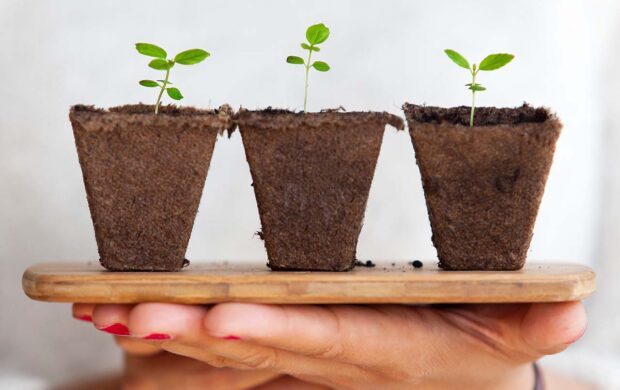

Join discussion